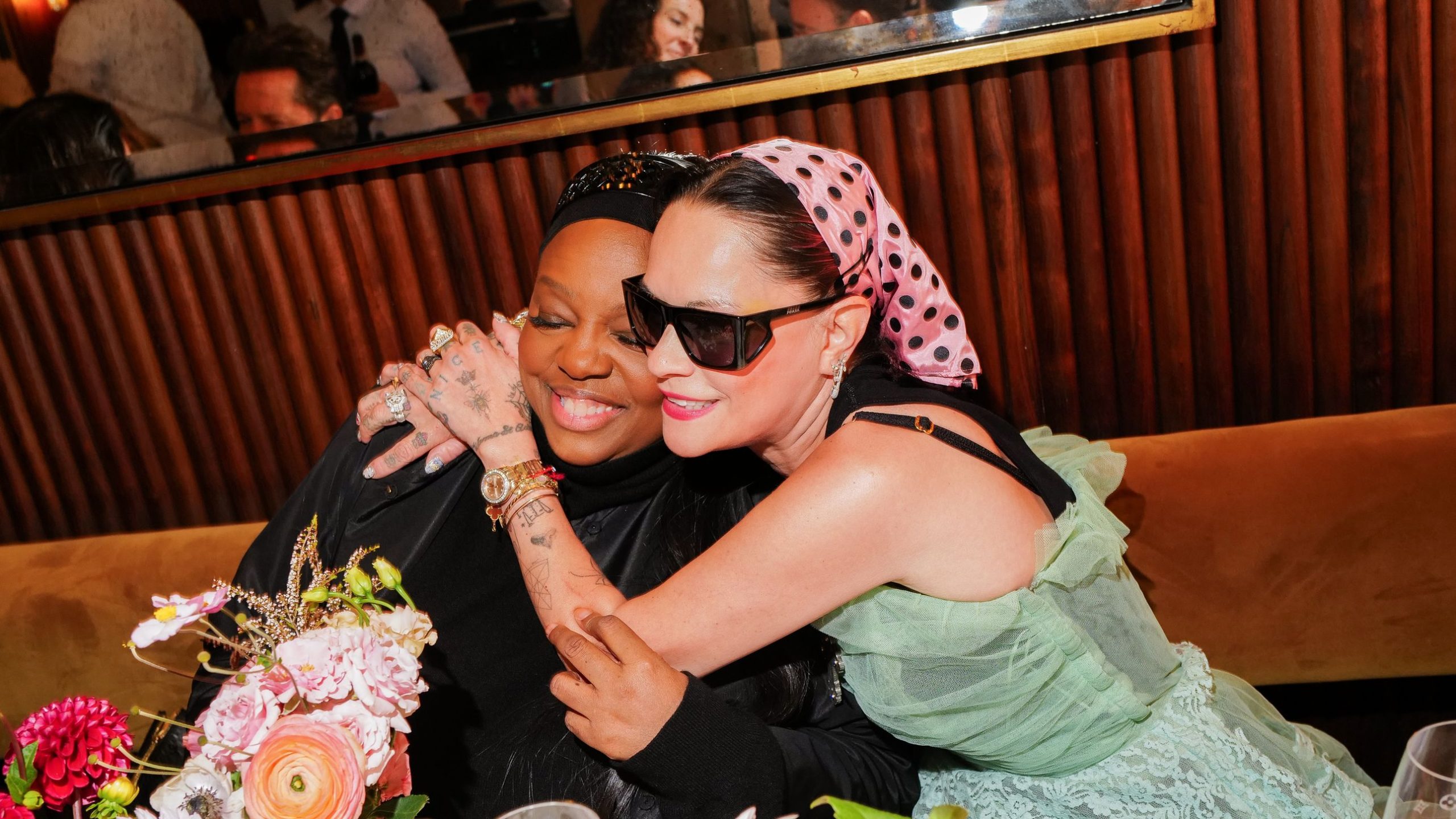
For years, Calvin McDonald led a master class of double-digit growth as chief executive officer of Lululemon Athletica Inc.
And when the U.S. business saw a “slower start” last year, he attributed it to “missed opportunity in women’s and bags” and some consumer “choppiness.”
Now McDonald’s class is turning into a turnaround case study — complete with tough second-quarter sales in the U.S. and a stock drop of 15.3 percent to $174.50 in after-hours trading on Thursday.
The CEO is still bullish on Lululemon, of course, but acknowledged that the brand’s problems run deeper than previously thought. The profit outlook for this year was also cut, reflecting a $240 million hit the company will see from President Donald Trump’s trade war tariffs and the removal of the de minimis exemption.
“Lululemon has been in a period of hyper growth for several years, more than tripling our revenue in just six years, and we have successfully managed through a number of market shifts,” McDonald told analysts on a conference call. “We are facing yet another shift today within the industry related to tariffs and the cost of doing business. The increased rates and removal of the provision have played a large part in our guidance reduction for the year as we navigate current market dynamics.”
But McDonald — who always comes off as forthright, analytical and calm — was by no means trying to blame external factors.
The initial diagnosis of the slowdown in the U.S. had the company focusing on bringing in more new styles and increasing seasonal colors in its core offerings.
“While the guest is responding well to many of our new styles, they are not reacting as we had anticipated to the updated seasonal colors we brought into our core assortment,” McDonald said. “I now believe we have let our product life cycles run too long within many of our core categories. Particularly in lounge and social. We have become too predictable within our casual offerings and missed opportunities to create new trends.”
Lululemon seems to be living out the truism that the only thing harder than getting to the top is staying on top (particularly when, as McDonald said, “Consumers are spending less on apparel overall, spending less in performance”).
And the brand is going to have to work all the harder to connect in what’s become a more crowded market.
“The competitive landscape is different today than it was even two or three years ago,” McDonald said. “And while no single competitor is having a meaningful impact on our business, there are now many players in the market. This makes it imperative that we are consistently better and stronger than ever, and create the right balance of our core product and new styles across our merchandise mix.”
The CEO plans to increase the number of new styles in the mix with fresh looks accounting for 35 percent of the assortment next spring, up from 23 percent currently.
“We will continue to gauge guest behavior and adjust this penetration in future seasons based upon their response,” McDonald said. “We are also enhancing our capabilities to go faster within our go-to market process by working with our vendors.”
The rest of this year will be an opportunity to reset as the changes really start to sink in in early 2026.
Lululemon lowered its outlook for the year and is now expecting sales of $10.85 billion to $11 billion — below the $11.2 billion analysts forecast. Earnings per share are slated to tally $12.77 to $12.97, well off from the $14.61 Wall Street expected.
Second-quarter earnings fell 5.6 percent to $370.9 million, or $3.10 a share — a result that was still well ahead of the $2.85 analysts projected, according to Yahoo Finance.
Revenues for the quarter ended Aug. 3 rose just 7 percent to $2.5 billion — below the $2.54 billion analysts had penciled in.
That growth was fueled by Vancouver-based company’s overseas business, which increased 22 percent while the Americas division saw revenues inch up only 1 percent. Comparable sales increased 1 with the Americas down 4 percent and the rest of the world up 15 percent.
#Lululemon #LULU #Earnings #Disappoint #Outlook #Cut






